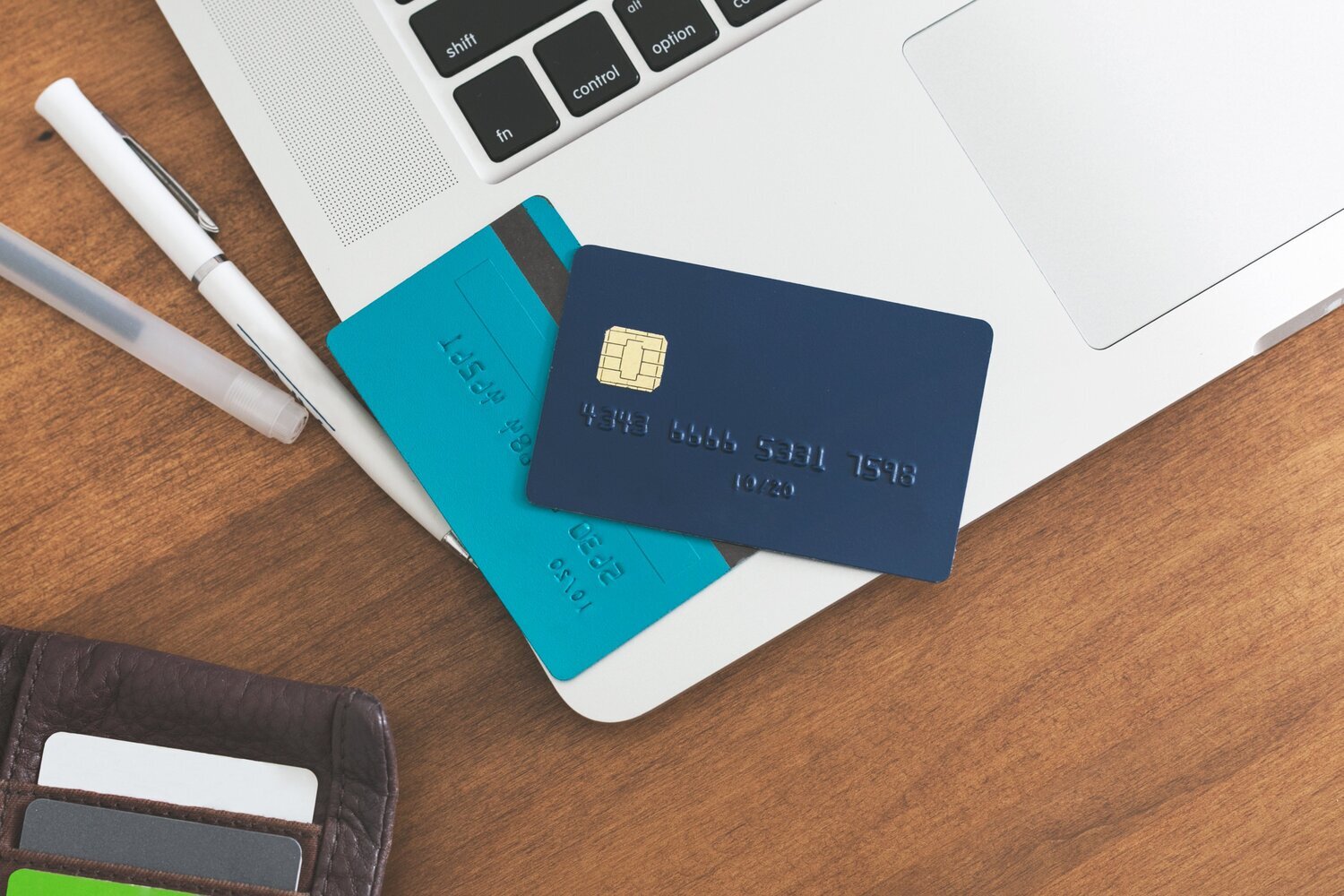💳 Banking
If you’re new to Canada, or if you’re already living in Canada but not in BC, there are a few different options for banking.

🇨🇦 I am Canadian, and moving to BC
Change your home address with your bank after you move here
The main banks we use in Victoria are either the bigger banks - RBC, TD Bank, Scotiabank, BMO - or local credit unions like VanCity, First West, etc…
🌏 I am new to Canada
To e-transfer money to a friend, to your landlord, to anyone in Canada, all of our banks are connected to the Interac system. All you need to do is log in online to your bank, and choose “transfer money” or something like that, and they’ll have the option to e-transfer.
You need either the recipient’s email or cell phone number. That’s it. They’ll receive an email or text, and once they accept, the money will go into their account.
You NEVER need to give someone your bank account number. That’s a scam. No one needs that to send you an e-transfer/Interac.
💰 Types of payment we use in Victoria
✏️ Paper Cheques
Who requires cheques: Many daycare/childcare centers, landlords and apartment management companies only accept paper cheques.
Post-dated cheque: This is a common request for apartment rent or childcare payments. They want you to give them a cheque, that you fill out with a future date, that they will deposit each month. For example, you would fill out 12 cheques for $1,000, and date each cheque for the next 12 months, like June 1, 2021, July 1, 2021, August 1, 2021, etc… sign them all and give 12 cheques to your landlord. Then, if they try to deposit a cheque before that date on the cheque, the bank won’t give them money from your account, so you are protected. That way your rent is paid “ahead of time” with this system.
Where to get cheques: Your bank. You have 2 options. Either order a pack of 50 or 100 cheques online from your bank to be mailed to you - that can cost $53.50 for 50 blank cheques. Or, you can purchase single cheques at the bank. These might be called “counter cheques” or “bank drafts”. The bank has to fill it out for you - they’ll need the name of the recipient, the amount, etc... they print it out on a special machine and give it to you. They charge a fee of $2-$10 for each cheque.
💳 Debit Card: These cannot be used (usually) for online purchases. They are the most common form of payment that we use in stores. Also known as an “ATM card” sometimes. Issued by your bank.
💳 Credit Card: Visa, MasterCard, American Express. Issued by your bank. Most of us need credit cards to book a hotel room, rent a car or buy things online.
Alternative to banks: You can buy a “prepaid” credit card at a grocery store or Walmart. If you need a credit card to buy something online. This works only with some online stores and does not usually allow you to use a billing address, which some websites require.
💵 Cash: Some stores, restaurants and cafes here still only accept cash. Many of us keep a $20 bill in our wallets for this reason as a backup plan, in case you run into this and there isn’t an ATM close by.
📱 E-Transfer / Interac: Both an app on our phones (Interac) and a way to transfer money online through your bank’s website.
💻 PayPal: For online purchases, or, if you are working as a freelancer or business owner and need American clients to pay you
💻 Wise.com (formerly Transferwise): If you are working as a freelancer or business owner and need American clients to pay you. Or if need to transfer money from a bank account in another country to your Canadian bank account.
🪙 Where to get coins for laundry
Many apartment building washing machines still require coins to operate. Each building is different. A typical load of washing may cost $1.50 - $4.00 for the washer, and $1.50 - $4.00 for the dryer. You may need a mix of quarters, loonies ($1 coin) or toonies ($2 coins). You need to buy coins in a roll.
A roll of quarters contains 40 - $0.25 coins, for $10
A roll of loonies contains 25 - $1 coins, for $25 total
A roll of toonies contains 25 - $2 coins, for $50 total
Where to buy coins in Victoria
First choice: Your bank is the best place to buy a roll of quarters, loonies or toonies. You are a customer already, so this is considered a service they provide you. Payment: You can buy a roll of coins with your debit card or cash.
Second choice: Another bank where you are not a customer. They may or may not want to sell you a roll of coins - be prepared for this. Payment: You can buy a roll of coins only with cash here.
Third choice: A grocery store. Go to the customer service desk (not a regular checkout) and ask to buy a roll of coins. They may or may not have enough rolls in that day to sell you. Payment: You can buy a roll of coins with your debit card or cash.
Fourth choice: A gas station. Most likely they will only exchange a $5, $10 or $20 bill for that many coins. They don’t sell rolls of coins typically. Payment: Cash, to exchange for a few coins.
I’d like to move my mom here to an assisted living or a nursing home in Victoria
It’s a complicated process, so we’ve written a guide. How to start, what the process looks like, and how long you have to move your mom in.
